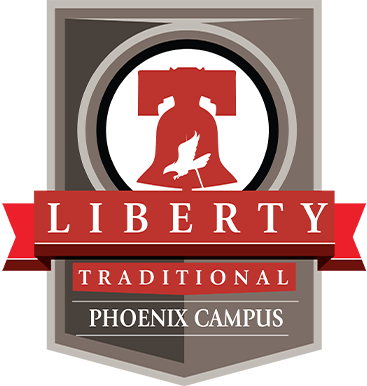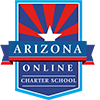October is Fire Safety month. During the week of October 4-10 the country celebrates Fire Prevention Week.
A Nod to the Past
Fire Prevention Week is the longest running public health and safety observance on record. Woodrow Wilson, in 1920, proclaimed the first Fire Prevention Week. Since 1925, presidents have signed proclamations calling for a national observance every year.
Why This Week?
The International Fire Marshals Association decided to commemorate the anniversary of the Great Chicago Fire by focusing on educating and informing the public about the importance of fire prevention and fire safety. This fire, according to legend, was started by Mrs. Catherine O’Leary’s startled cow, which kicked over a lamp. While the fire did start near her barn, the definitive actual source is not known. It began on October 8, but did most of its damage on October 9, 1871. This massive fire killed more than 250 people and left another 100,000 homeless. More than 17,400 structures were destroyed when more than 2,000 acres burned.
The Great Chicago Fire also produced countless tales of bravery and heroism. This fire changed the approach taken by firefighters and public officials toward fire safety.
Now, the week in October containing the anniversary date of the fire is proclaimed yearly as Fire Prevention Week. The observance is dedicated toward public education.
Get Out, Stay Out, and Call for Help
In 2007, Fire Prevention Week focused on one of the most useful factors of your family’s fire safety plan. The Great American Fire Drill focused on encouraging families to create and practice escape routes in the event of a fire.
In addition to well-placed and maintained smoke alarms, discussing and creating a family escape plan with at least two escape routes and a designated meeting place outside the home, can help prevent injuries and death in the event of a fire. You can have less than two minutes to get out of your house in the case of a fire, so having a plan in place and practicing are key.
The National Fire Protection Association has a vast collection of Safety Tip Sheets on a wealth of fire topics, including a document on escape planning, available in English and Spanish, which includes suggestions like:
- Draw a physical map.
- Practice during the day and at night twice a year.
- Close doors behind you as you leave.
- Know at least two ways out of every room, if possible.
- Practice using these different ways out.
- Teach children how to escape on their own.
- Get out and stay out.
- Get low and go under the smoke to your way out.
- Call the fire department once you get out.
Only 1/3 of American households actually have an escape plan in place and have practiced it. According to the NFPA, 71% of Americans have fire escape plans, but less than half of those have practiced it. And far too few of those surveyed, only 8%, said that getting out was their first thought on hearing a smoke alarm.
Wildland Fire Safety
In Arizona and the rest of the West, many of us are more than aware of the threat fire holds to not only our homes and persons, but to the landscape around us. In the dry desert climates, wildfires are not uncommon and they can threaten our homes and communities. To help prevent wild fire encroachment and damage to your residence:
- Clear leaves and other debris from roofs, gutters, porches, and decks.
- Remove dead plants and other items from porches, decks, and within 10 feet of the house.
- Keep flammable items, like wood piles, propane tanks, and picnic tables, at least 30 feet away from your house and any out buildings.
- Prune trees so that the lowest branches are 6 to 10 feet from the ground.
- Screen openings under decks, and attic and foundation vents.
- Plant fire-resistant plants and space plants to slow the spread of fire from plant to plant.
More suggestions are available from the NFPA.
Additionally, Firewise contains useful information for homeowners and others interested in wildfire preparedness and education. Many parents will remember Smokey the Bear; the U.S. Forest Services maintains another wildfire prevention resource that hosts a wealth of information. Plan ahead and be safe.


